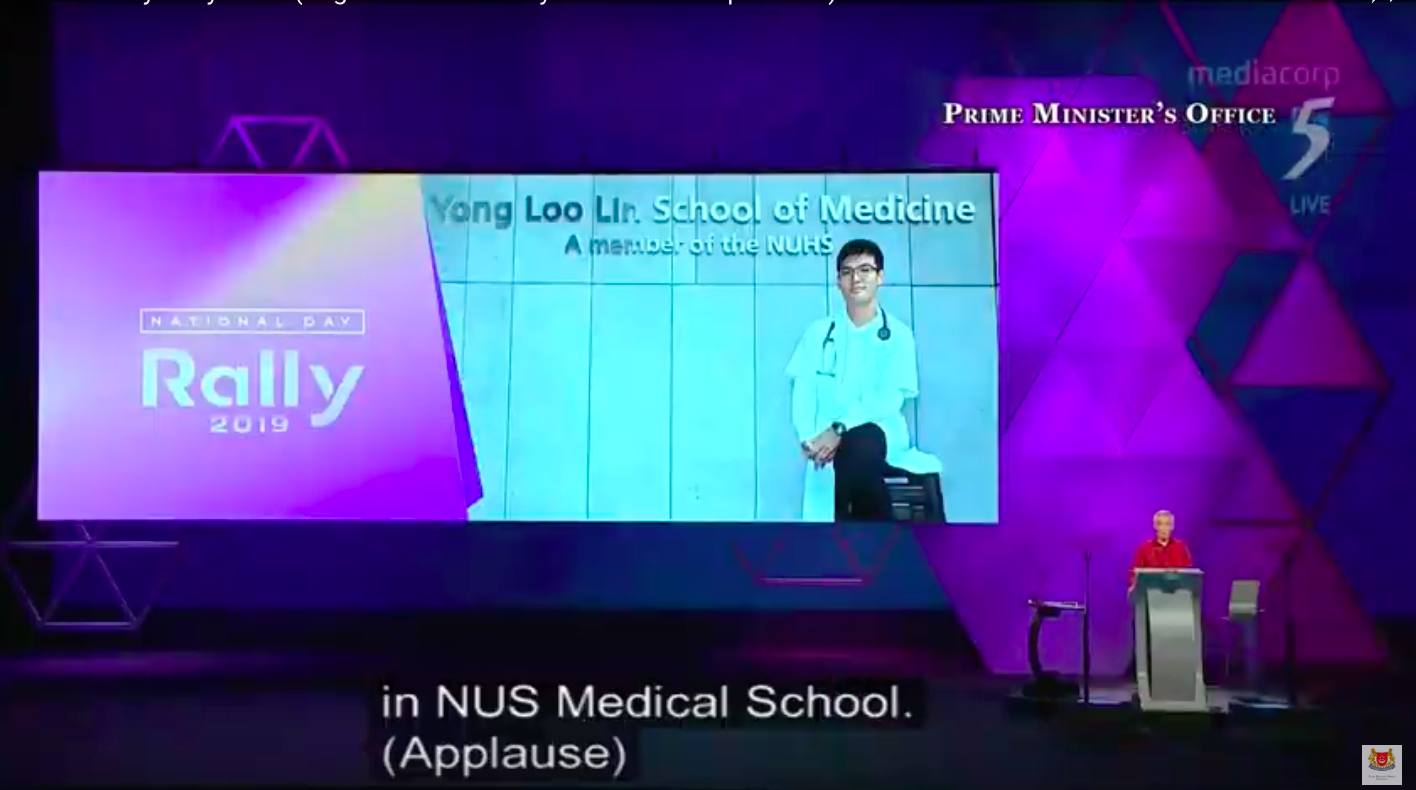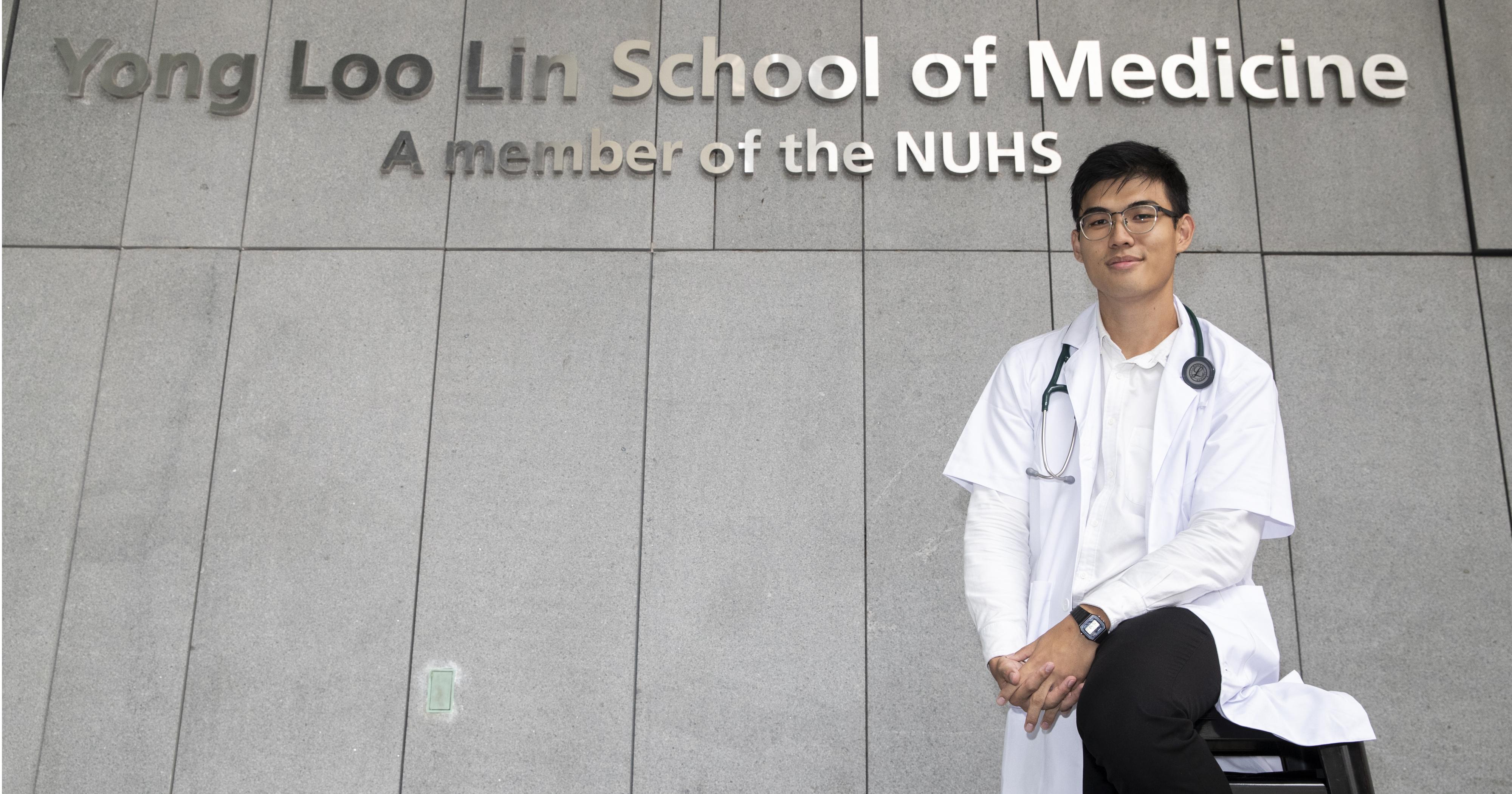PM Lee gave his 2019 National Day Rally speech on August 18.
The main topics are education, older worker reforms, and climate change.
Under education, one of the topics PM Lee spoke about was fee and bursary adjustments in various tertiary institutions.
These will apply from the next academic year, and existing and new students will benefit.
Accessibility of good education
While going through the subsidies, however, PM Lee spoke about medical schools in particular.
Medical courses are one of the most expensive university courses at up to S$35,000 a year — after subsidies.
However, the accessibility of good education is important, so the costs of medical schools should not deter good students.
In fact, doctors from diverse family and educational backgrounds are wanted, PM Lee said.
"We want every Singaporean son and daughter to receive a good education and start well in life, regardless of family circumstances. Students from less privileged backgrounds must be confident that they will get financial help when they need it."
Student was a '"rebel"
In the same vein, PM Lee mentioned an exceptional case.
While recent intakes for medical schools have seen an increase in poly graduates joining, for the first time, an ITE graduate has joined NUS Medical School.
 Screenshot via PMO/YouTube
Screenshot via PMO/YouTube
Said student is 23-year-old Nicholas Chan, 23, according to NUS Medicine.
Chan beat some 2,000 applicants to clinch his spot among the 280 who enrolled.
Chan was described as a "rebellious teenager" who had quit secondary school in his third year.
He then took O' Levels as a private candidate to qualify for ITE, where he trained as a nursing student.
He studied the same course in Nanyang Polytechnic (NYP), where he earned a "near-perfect" GPA of 3.91 out of 4. Sadly, his initial application to NUS Medicine, which took place last year, was rejected.
But Chan did not give up.
This year, he applied again through its Exceptional Individual Scheme to support his nursing diploma.
That, along with his lecturers' testimonials, finally landed him a spot in the school.
S$5,000 per year
As for school fees, PM Lee said that bursaries for medical schools will be "significantly more generous".
If a lower-income student adds the government's bursaries to university bursaries, they would pay, at most, S$5,000 per year to study medicine.
PM Lee encouraged students who may be worried about finances to put down that burden, as it will be "taken care of".
Top image via Ministry of Communications and Information
If you like what you read, follow us on Facebook, Instagram, Twitter and Telegram to get the latest updates.
